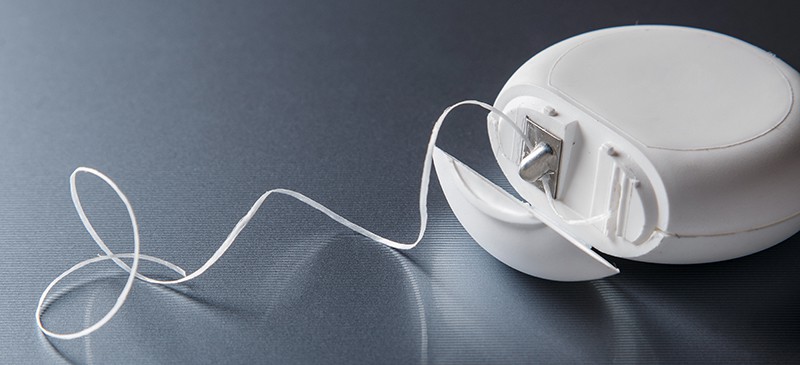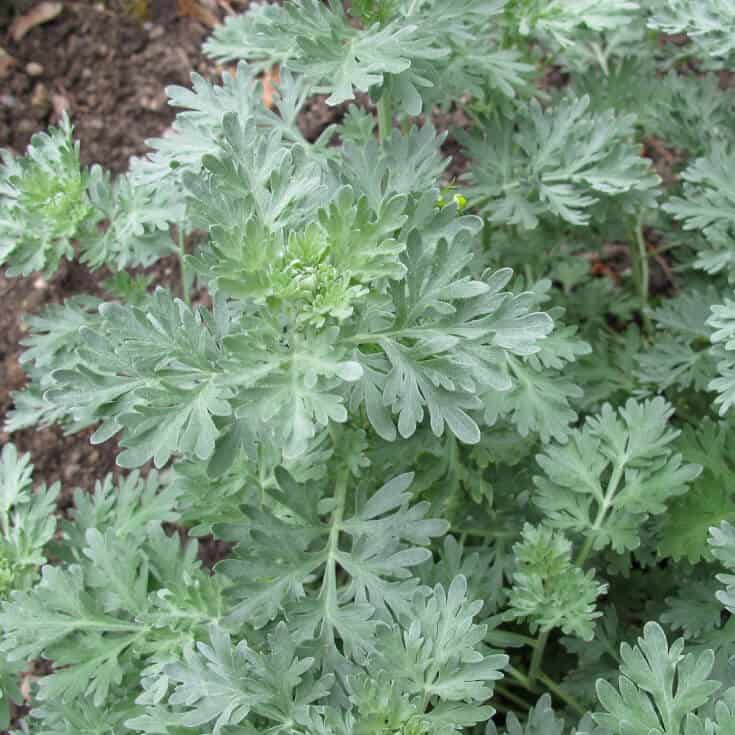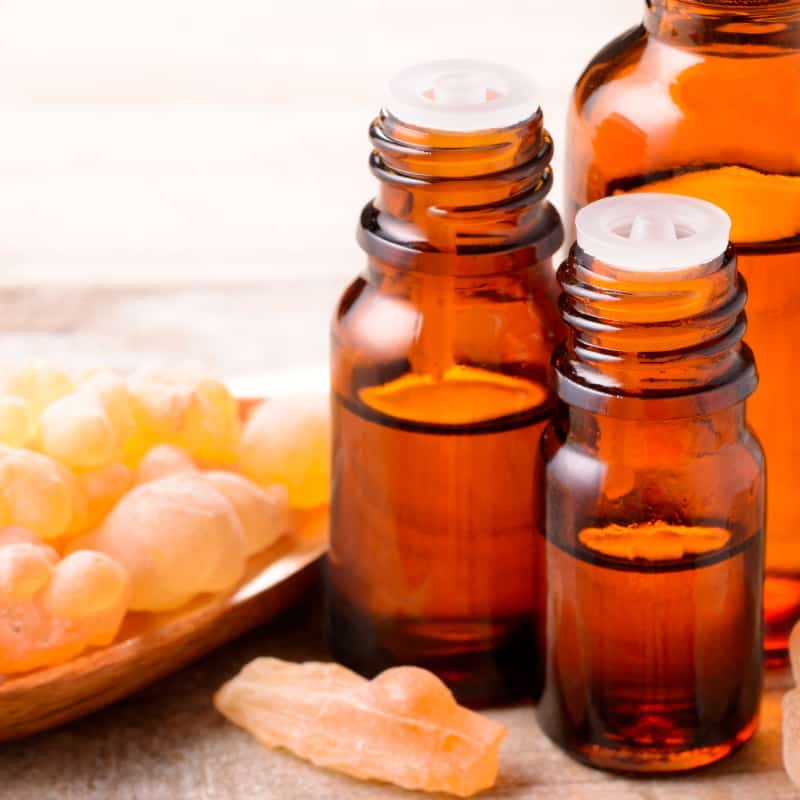This Dr. Axe content is medically reviewed or fact checked to ensure factually accurate information.
With strict editorial sourcing guidelines, we only link to academic research institutions, reputable media sites and, when research is available, medically peer-reviewed studies. Note that the numbers in parentheses (1, 2, etc.) are clickable links to these studies.
The information in our articles is NOT intended to replace a one-on-one relationship with a qualified health care professional and is not intended as medical advice.
This article is based on scientific evidence, written by experts and fact checked by our trained editorial staff. Note that the numbers in parentheses (1, 2, etc.) are clickable links to medically peer-reviewed studies.
Our team includes licensed nutritionists and dietitians, certified health education specialists, as well as certified strength and conditioning specialists, personal trainers and corrective exercise specialists. Our team aims to be not only thorough with its research, but also objective and unbiased.
The information in our articles is NOT intended to replace a one-on-one relationship with a qualified health care professional and is not intended as medical advice.
Flossing Doesn’t Work?! Healthy Mouths Require ‘Oil Pulling’ Instead
June 11, 2018

Here’s something that is sure to surprise, and likely even relieve, many adults regarding dental care: The benefits of dental flossing have never been studied in great depth at any point, and still to this day have never been proven.
An investigation by the Associated Press into the merits of flossing, including a review of 25 studies regarding its protective effects compared to brushing alone, found that the available evidence for flossing is “weak, very unreliable, of very low quality, and carries a moderate to large potential for bias.” (1)
Most study results showed that, on average, any benefits associated with flossing were so small that they were barely noticeable or helpful. Even the president of the American Academy of Periodontology (specialists in preventing gum disease) acknowledged that the evidence for flossing is weak.
Why then, for the past 40 years, would trusted organizations like the American Dental Association recommend that all children and adults floss regularly?
Most of the advice given to the public regarding flossing is based on short-term studies that have limitations and biases. And while some do show certain benefits of flossing (like helping to reduce bacteria), they haven’t been shown to actually help prevent plaque or gum diseases like gingivitis. Another problem is that manufacturers of floss and other influencers within the dental industry have paid for most studies and sometimes designed and conducted the research themselves — which leaves lots of room for bias interpretations.
What is something you can do to help prevent and reverse cavities naturally, reduce bacteria in your mouth and possibly prevent gum diseases?
Coconut Oil Pulling: Better Than Flossing
I recommend you try oil pulling with coconut oil. Coconut oil pulling is a totally natural, ancient practice that helps promote healthy teeth and gums due to coconut oil’s natural antibacterial properties. Believe it or not, most people didn’t even regularly brush (or floss) their teeth until around the 1930s — they relied on eating a healthy diet and using natural compounds found in plants to cleanse the inside of their mouths.
Benefits of Coconut Oil Pulling
How might coconut oil pulling help protect you from dental problems just like (or better than) brushing or flossing — and what’s the best way to do it?
Coconut pulling is performed by swishing about one tablespoon of pure/virgin coconut oil (you can also use virgin sesame oil) in your mouth for roughly 10 to 20 minutes. The oil is then spit out in the trash or compost, carrying with it bacteria and germs.
Studies continue to develop regarding oil pulling’s effects; in 2011, the Journal of Ayurveda and Integrative Medicine reported that oil pulling is one of the most effective natural health solutions there is for preventing tooth decay and loss. (2)
Coconut oil contains three unique fatty acids that are responsible for its various health benefits: lauric acid, capric acid and caprylic acid. These contain antiviral, antimicrobial and antibacterial properties. In addition, coconut oil contains linoleic acid, oleic acid, phenolic acid, myristic acid, vitamin E, vitamin K and iron.
Benefits of coconut pulling also include helping to prevent tooth decay by lowering the presence of bacteria (such as Streptococcus), reducing bad breath, gum inflammation, stained teeth, dry mouth, sore throats, swelling, cavities, cracked lips and even jaw pain. It’s also a way to get rid of cold sores naturally.
I recommend you oil pull first thing in the morning right after you get out of bed before you brush your teeth or drink anything. Swish the oil around like you would mouthwash, but be careful not to swallow. Spit out the oil in the trash, rinse your mouth out with warm water, brush as normal, and that’s all there is to it! Oil pulling is most effective when done 3–4 times per week.
You can even make a homemade toothpaste using coconut oil combined with ingredients like probiotics, baking soda and minty essential oils. Try experimenting with adding protective essential oils to your mixture (like peppermint, cinnamon or spearmint).
Tips for Smarter Flossing
All of that being said, flossing can still be helpful, and it certainly doesn’t hurt to add it to your natural dental care routine. Dental organizations point out that most people floss incorrectly, however, which further minimizes its benefits.
Here are some commonsense tips for flossing the right way: (3)
- Use about 1.5 feet of floss, wrapped around your middle fingers.
- Hold the floss in a “C” shape pressed against the sides of your teeth. Move the floss in a sawing motion from side to side, rather than only up and down the sides of the teeth.
- Look for an all-natural floss, avoiding certain types that contain harmful nonstick chemicals. Read ingredients and keep an eye out for perfluoroctanoic acid (or PFOA) commonly found in gliding types. Some studies link nonstick chemicals to cancer, infertility, birth defects and weaker immune systems.










